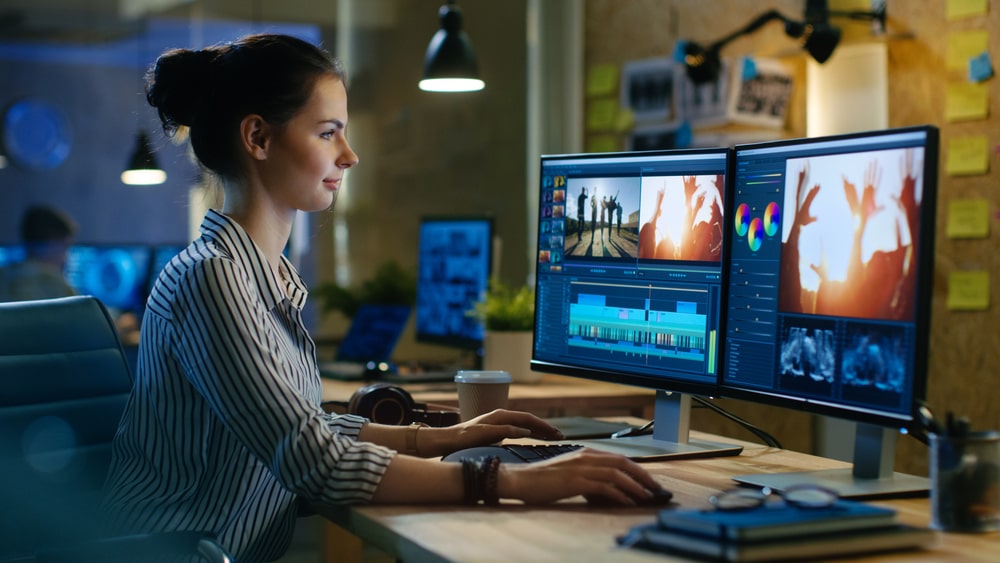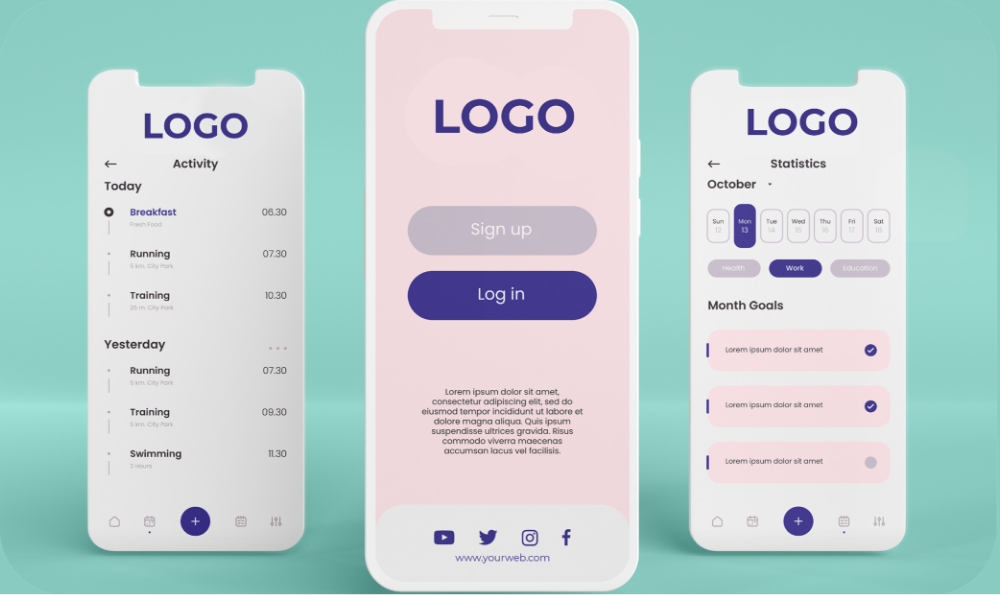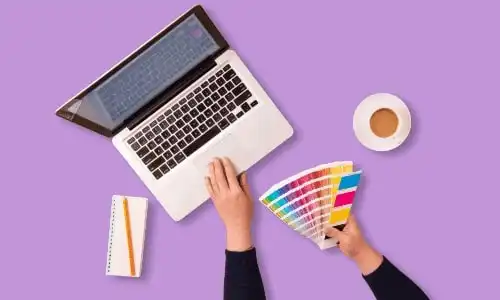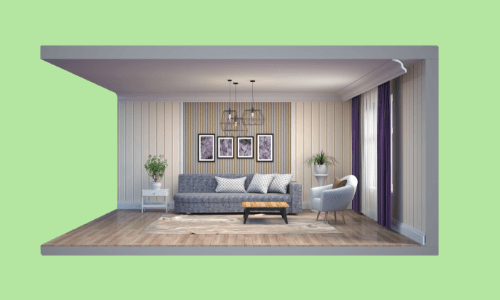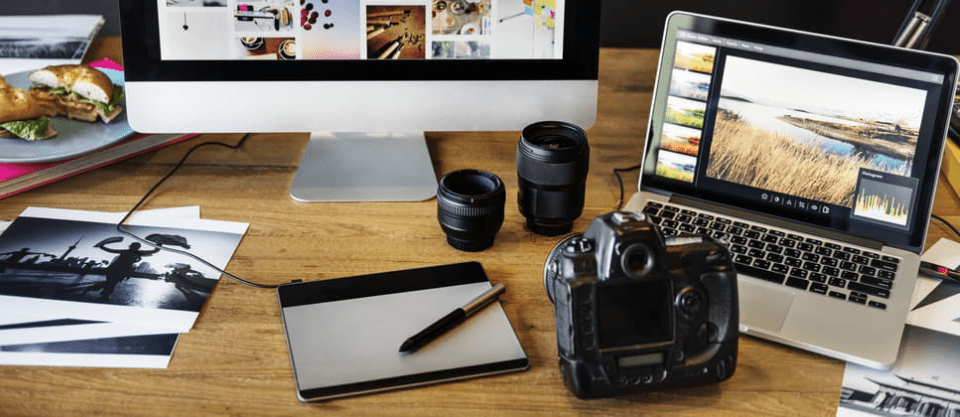
Laptop Versus Desktop for Creative Editing
Software applications are continuously developing over time. Photoshop is a software which has developed immensely in the last number of years. Photo editing is an activity that almost everyone using social media can use. As the software becomes more advanced, so does the technology. So, what is the best technology to be using for creative editing?
What should I use for creative editing; laptop or desktop?
Laptops are very mobile. If you have a laptop, you can edit your photos on the go, rather than waiting to return home to a desktop. Remember that you won’t get the same level of performance form a laptop as you will form a desktop. Most professionals seem to prefer editing on a desktop. However, desktops can be relatively more expensive than laptops. Everyone will have their own preference with laptops to work with for Photo Editing. No matter what laptop you choose to use, it needs to have high resolution, colour-accurate display and it must process quickly. Otherwise you will struggle to get good results. It can be difficult if traveling with a lot of photo equipment. Large storage usually requires a large hard drive. Most people prefer something lightweight with a long battery life. Let’s look at what laptops are scoring high in the reviews.
What are the best laptops for Creative Editing?
- The Apple MacBook Pro rates as one of the highest laptops for photo editing. The touchbar is its headline feature with a thin OLED display at the top of the keyboard. It has several photoshop shortcuts, such as changing colours quickly, and changing the opacity layer by the swipe of a finger. This laptop has super-fast performance. But it is expensive, and the battery life has been reported as disappointing.
- The Apple MacBook Pro 13-inch Retina also ranks highly. It has remarkable brightness, contrast, saturation and detail. The colour calibration is the most accurate among Apple laptops. Performance is similar to Microsoft or Dell. The retina display is the headline feature of this laptop. However, the design is disappointedly unchanged, and the base storage feels small. This is a good all rounder laptop.
- The Dell XPS 15 is great if looking for a larger, more powerful laptop. It is slim design, even with a 15-inch screen, and has amazing power. The highest version has a 4K colour-accurate display, but this does come with a cost. On a side note, the webcam is poorly positioned, but this won’t bother most people.
- The Microsoft Surface Book 2 has a full version of Windows 10 installed. Its 13.5-inch screen is pretty sleek. It has a resolution of 3,000 x 2,000, and an ideal aspect ratio for viewing full-frame images. The really trendy aspect to this laptop is its ability to completely detach to become a tablet. The screen is also touch-sensitive. The downside to this device is its lack of inclusion of Surface Pen. It is also pricey.
- The HP ZBook Studio G4 DreamColor is great for running photoshop. The highest end model boasts a 15.6-inch 4K DreamColor screen. This is a very fast laptop with a 4GB VRAM. It has a small keyboard which can be awkward, but it does have amazing power. This laptop does come at a pricey cost.
What should I consider when purchasing equipment for creative editing?
There is a number of factors to be considered before purchasing a device for creative editing. It is important to buy a device that suits your needs and uses. The first and most important factor is to consider your budget. If you are looking for a device for professional reasons, you will need to invest in a mid to high-end range device. To save money, mid-range devices are best. If you are starting out, it is best to choose a low to mid-range device, and upgrade in the future if you want to continue. Screen size can be important for some people. Most choose a screen size between 12-15 inches for editing. The bigger screen size does mean a larger device. Resolution is also important to allow for finer detail editing. The resolution can limit your editing and photo correction if its poor. Storage capacity and RAM is an important consideration for everyone. How much work will you be doing, and how much material will you be saving? 8GB of RAM is usually sufficient for most. But if you are going to be performing a lot of photo editing, you may need to consider 16GB of RAM. Most devices come with two slots for RAM, holding up to 8GB in each slot. A cloud storage service is another consideration here.
Looking to sharpen your photoshop skills? Join our top-rated online photoshop course today!
